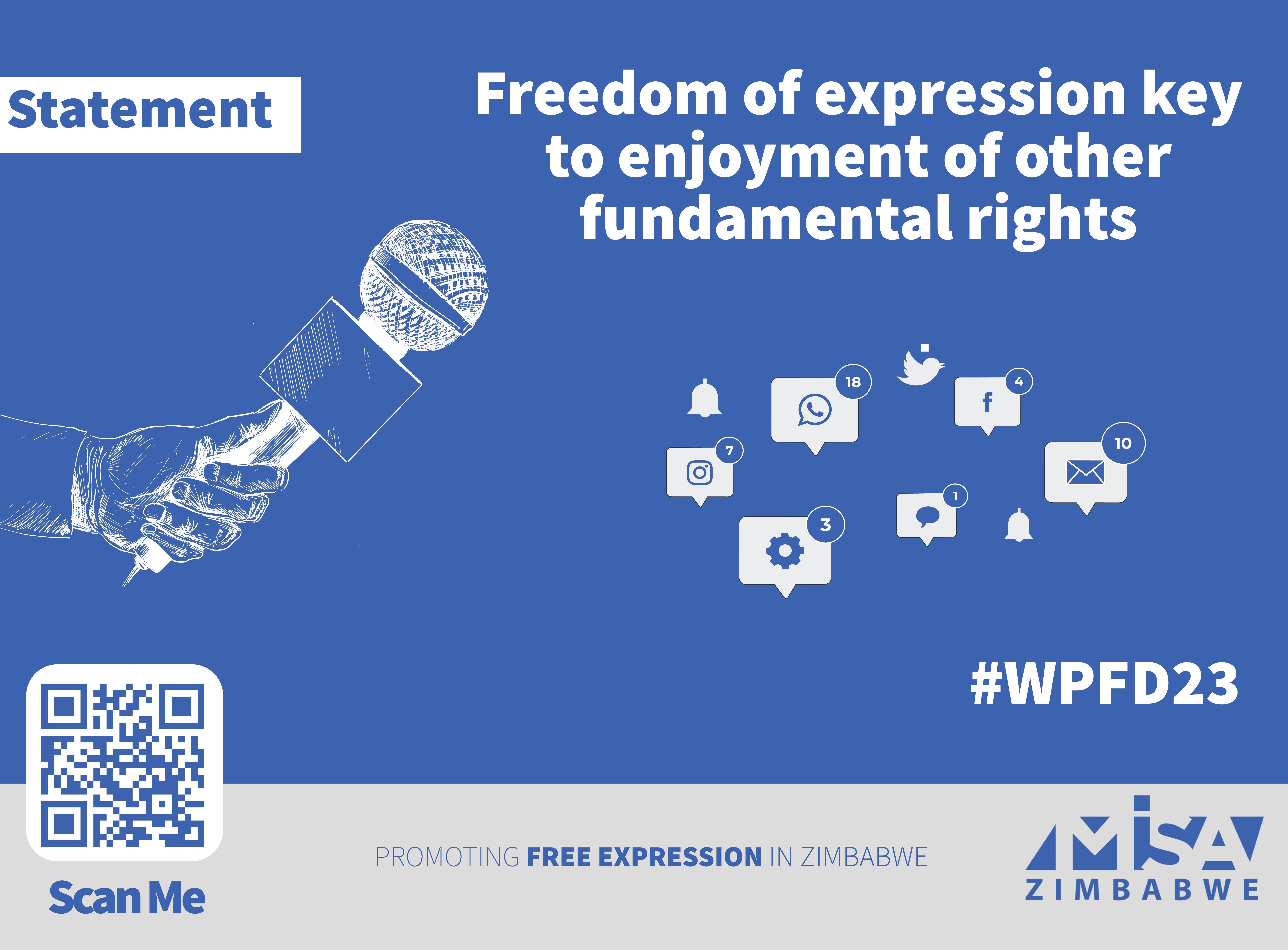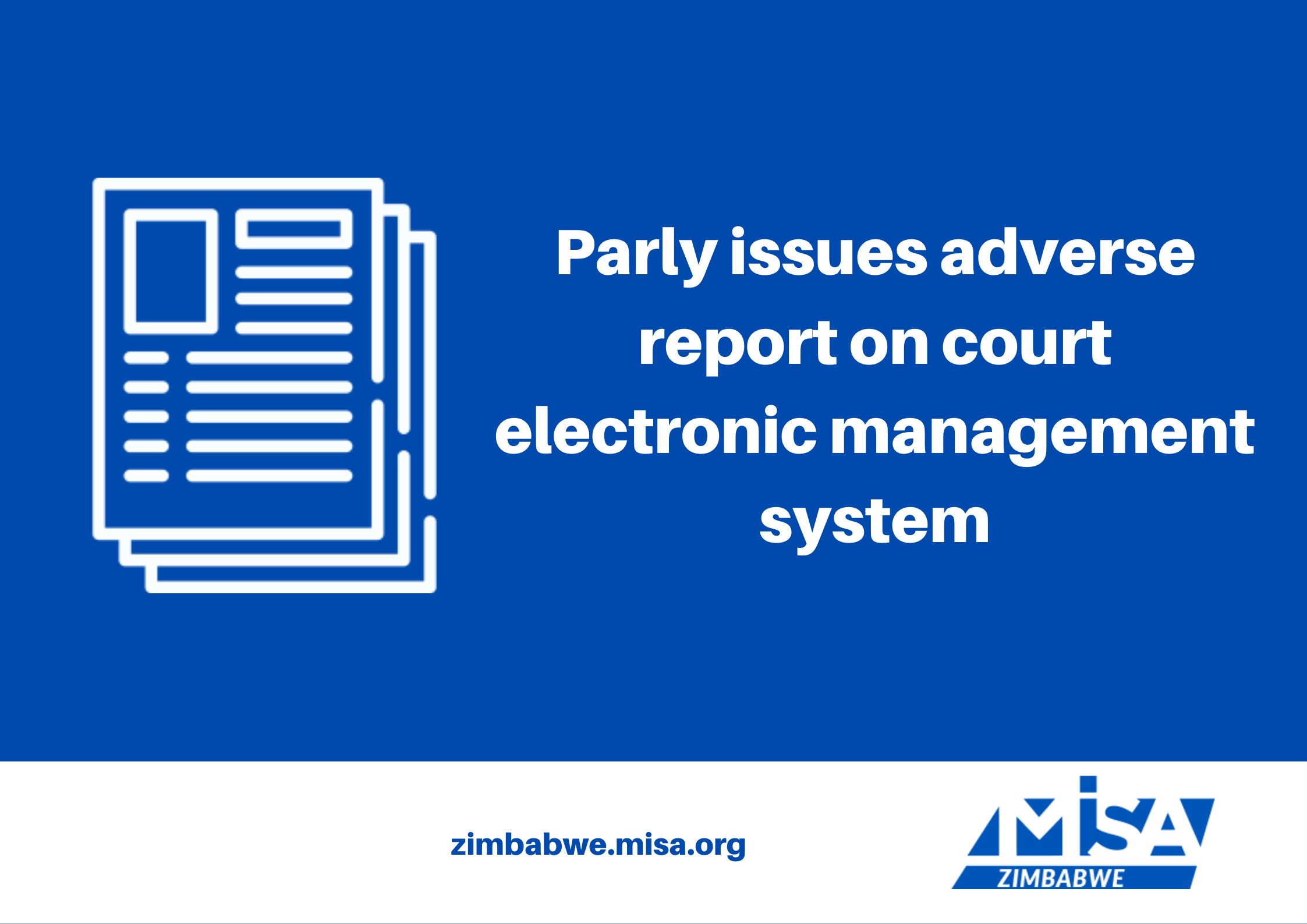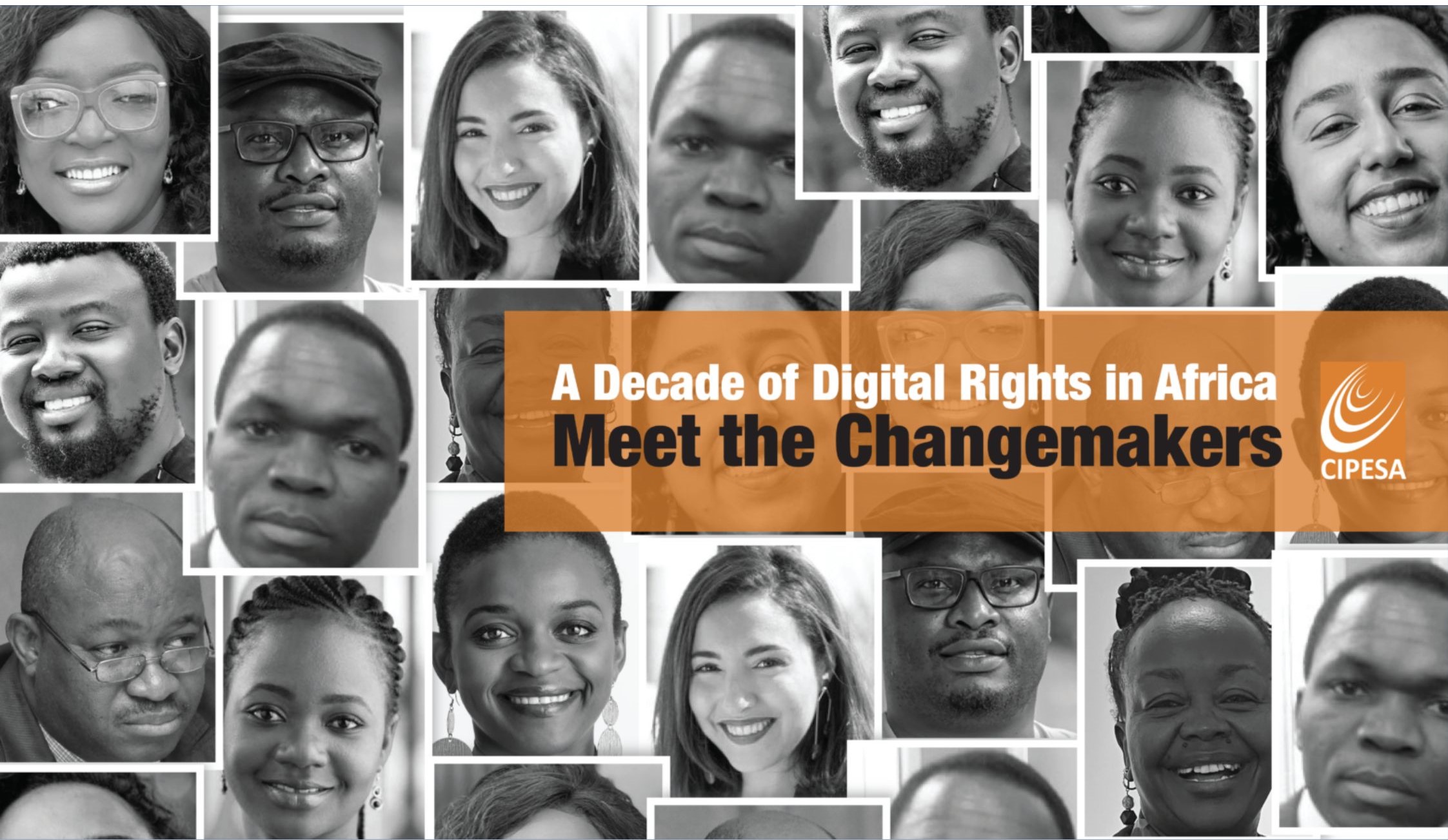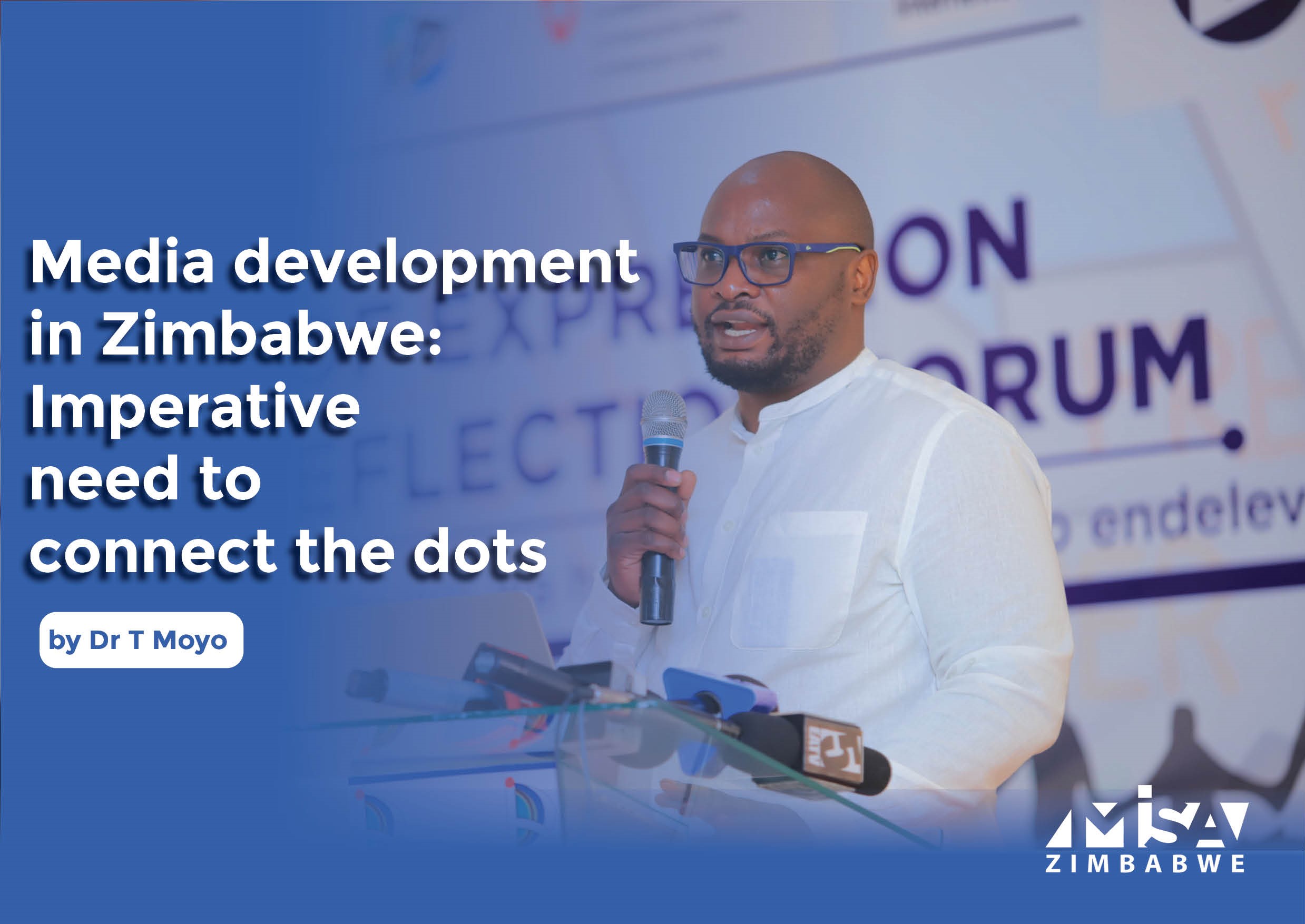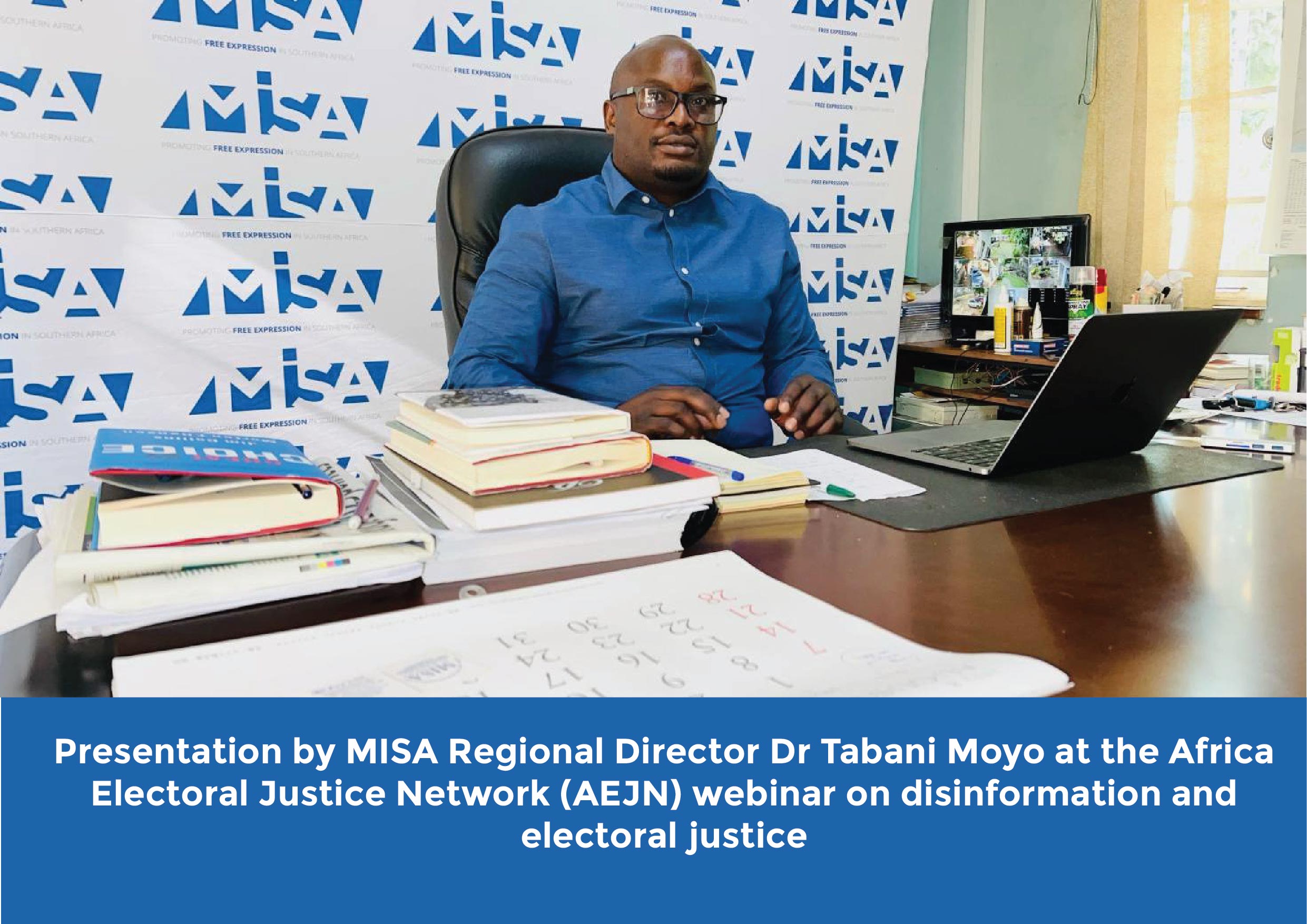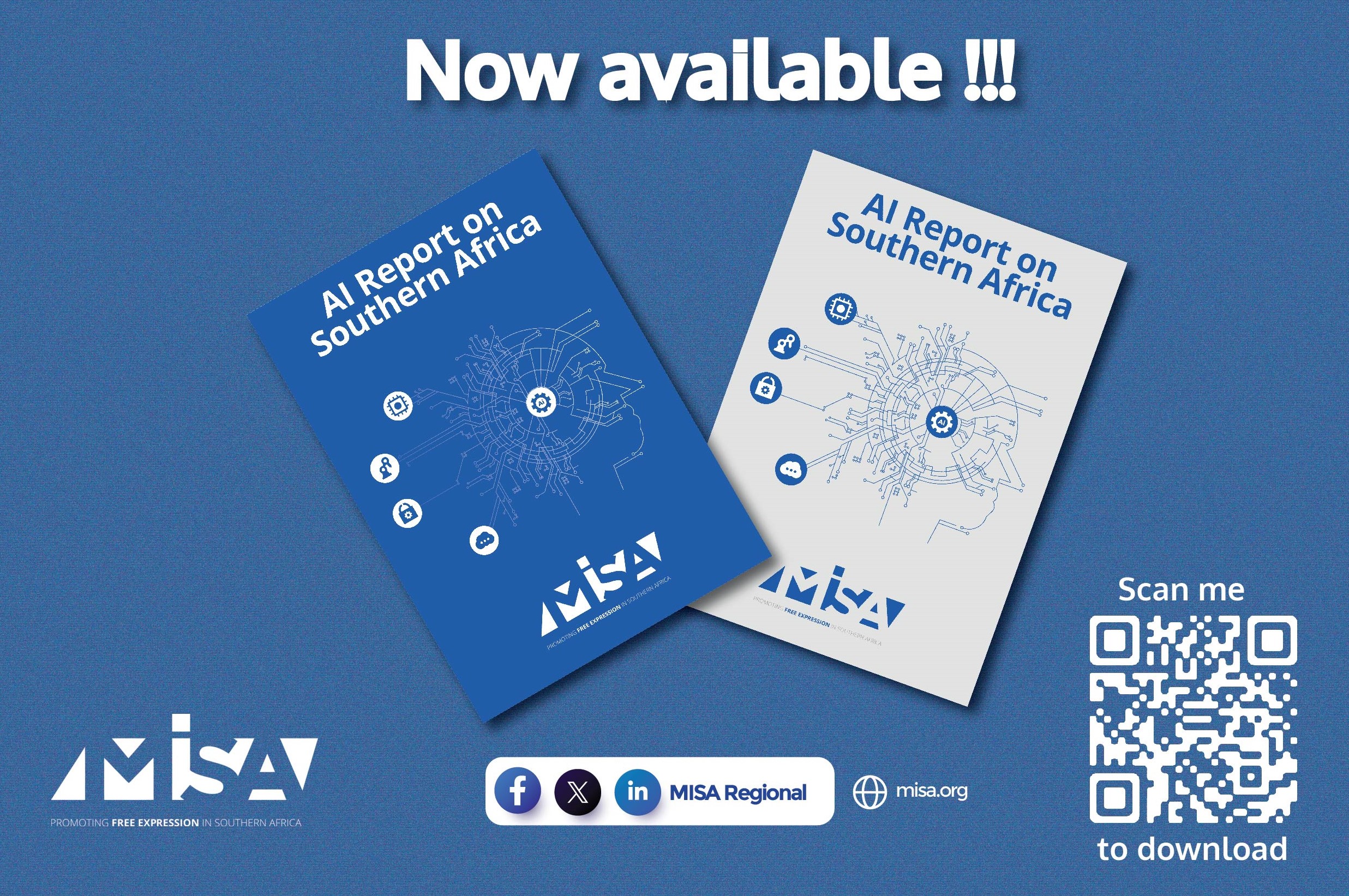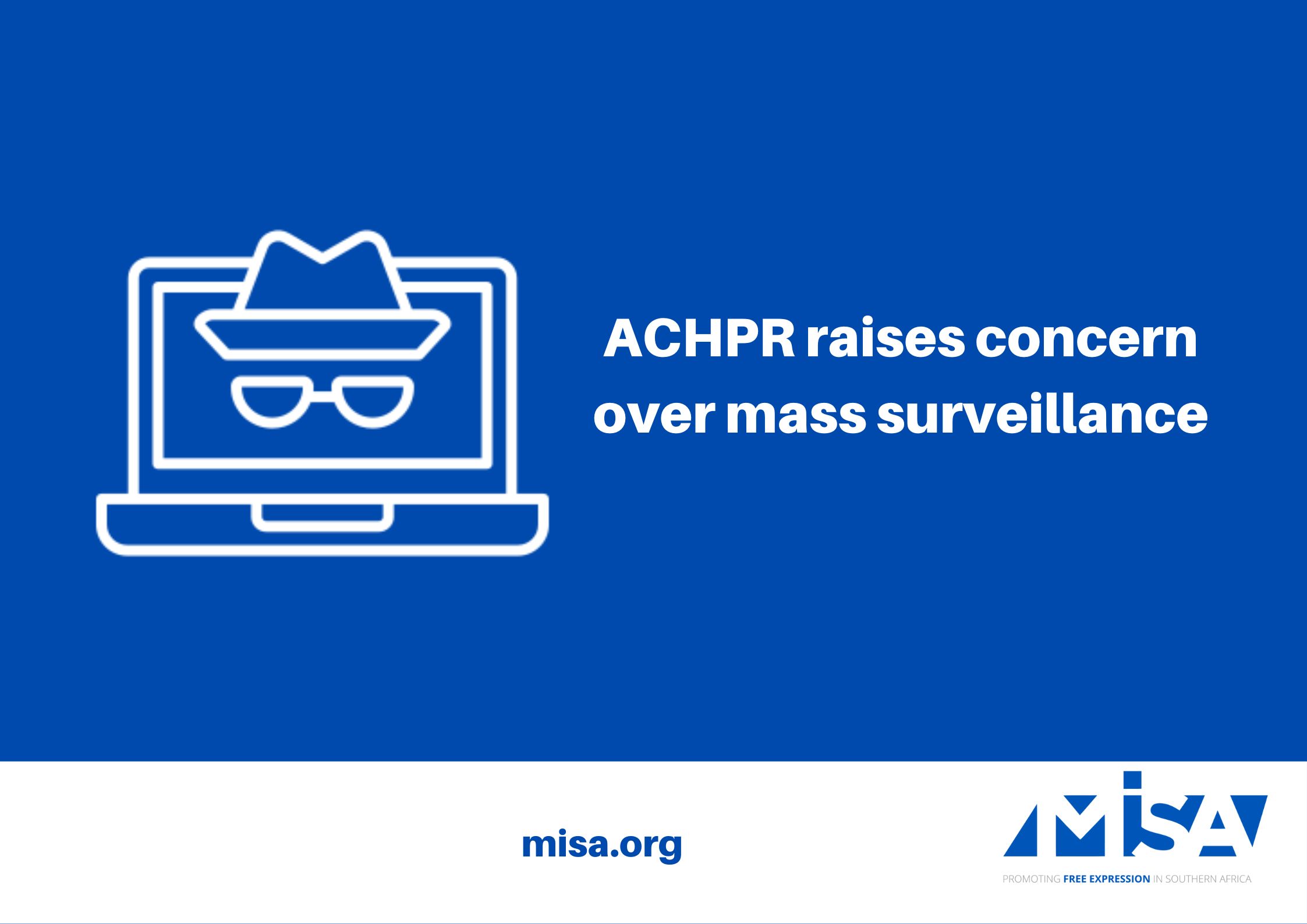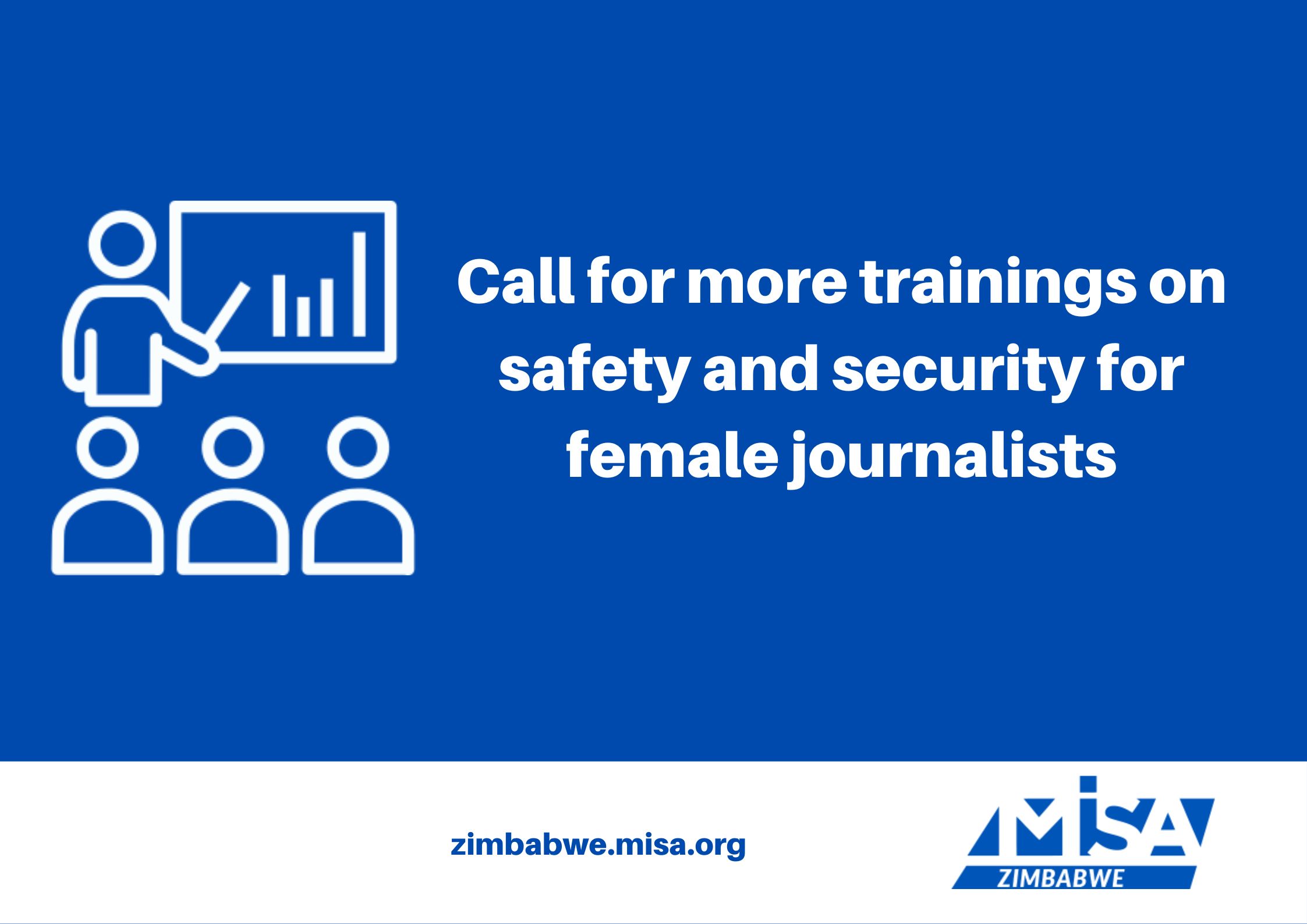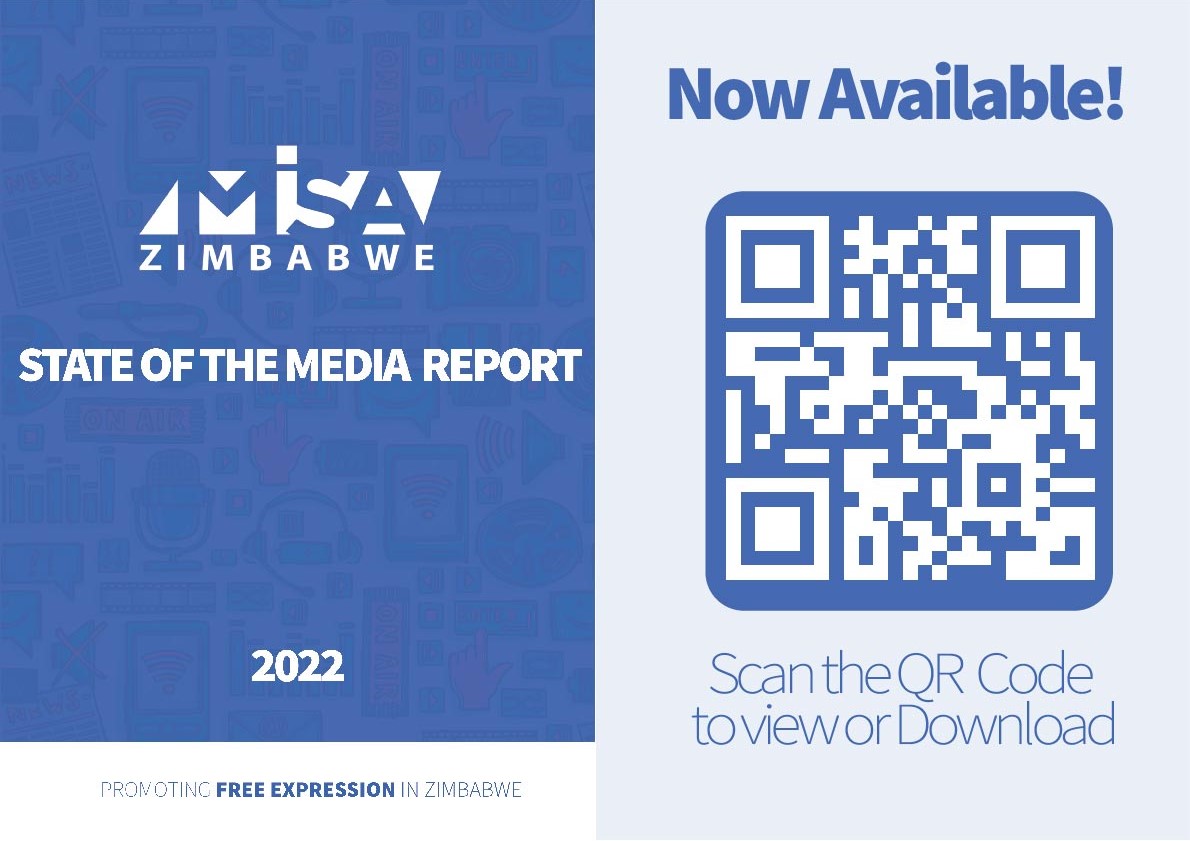In celebrating this year’s World Press Freedom Day (WPFD), UNESCO notes that media freedom, the safety of journalists and freedom of expression have been under attack, thereby impacting the realisation of other human rights.
This also comes at a time when disinformation and misinformation online and offline is also increasing and spreading with serious impact on the institutions underpinning democracy, rule of law and human rights.
With that in mind, the universal theme for 2023 is: Shaping a Future of Rights: Freedom of expression as a driver for all other human rights.
This year’s celebrations are special as it also marks the 30th anniversary of the proclamation of WPFD by the 48th United Nations General Assembly.
It is also an equally important event for Zimbabwe, which will be holding its general elections, of which freedom of expression (online and offline), media freedom and access to information are vital in assisting citizens in making informed decisions and choices.
Affordable access to the Internet, declared by the African Declaration on Internet Rights and Freedoms as a fundamental right, is also of paramount importance in that regard.
This necessitates a multi-stakeholder approach involving all the key relevant players to come up with mechanisms that ensure affordable internet access and data prices for all, including those in marginalised rural communities.
MISA Zimbabwe, in line with the universal theme, and the obtaining environment in Zimbabwe, is thus celebrating this year’s WPFD under the localised theme: Freedom of Expression as a Public Good: Pivotal to the Enjoyment of other Rights.
Deepening and entrenching freedom of expression and media freedom in Zimbabwe, as provided for under Section 61 of the Constitution, will go a long way in ensuring that citizens enjoy other rights enshrined in the Bill of Rights.
While significant progress has been made through the repeal of the then repressive Access to Information and Protection of Privacy Act (AIPPA), and enactment of the Freedom of Information Act, which goes a long way in entrenching access to information and freedom of expression, the emergence of claw back provisions in new legislation such as the Cyber and Data Protection Act, is worrisome.
Three journalists have been arrested and charged under Section 164 C of the Criminal Law (Codification and Reform Act) which deals with transmitting false data messages intending to cause harm as amended by the Cyber and Data Protection Act.
Another journalist is facing charges of cyberbullying. This instills self-censorship which impacts on media freedom and citizens’ right to freedom of expression.
MISA Zimbabwe’s concerns are duly informed by the Constitutional Court rulings in 2014 and 2016, which struck off criminal defamation saying this breached freedom of expression.
In 2022 the country also witnessed an increase in the number of journalists that were assaulted threatened or harassed at political gatherings and rallies, while others were also barred from covering national events. Other cases involved the unlawful arrests and assaults of journalists conducting their lawful professional duties by the police.
It is against this background that MISA Zimbabwe, in February this year, spearheaded the nationwide police-media engagement meetings to deliberate on the safety of journalists and media workers as the country heads for the 2023 elections, as informed by the Police Media Action Plan of December 2017.
We are, however, happy to report that following these nationwide meetings in partnership with the Zimbabwe Republic Police, and MISA Zimbabwe’s alliance partners under the auspices of the Media Alliance of Zimbabwe, no reports have been recorded of media freedom violations involving the police.
This also comes on the backdrop of the one-on-one lobby meetings held early this year by MISA Zimbabwe with the country’s major political parties, ruling Zanu PF, Citizens Coalition for Change and MDC-T.
It is, therefore, our hope that this situation obtains ahead of and beyond the 2023 elections as the country continues with its media reforms agenda, of which the right to the exercise and enjoyment of freedom of expression and media freedom is critical for socio-economic stability and prosperity.
The right to freedom of expression should thus be underpinned by citizens that freely express themselves online and offline and through access to a media that operates professionally and without hindrance.
Way Forward
- The government should seriously consider the domestication of the UN Plan of Action into Zimbabwe’s legislative frameworks to legislate for crimes against journalists. This will go a long way in reducing and curbing crimes that continue to be committed with impunity against journalists.
- Political parties, the police and the broader security forces should ensure the safety and security of journalists during campaign rallies and at all times.
- Journalists and media workers, in general, should familiarise themselves with the profession’s safety and security guidelines to minimise the risks that come with their chosen profession.
- Media houses should swiftly address and correct unprofessional conduct by their journalists where this is highlighted or brought to their attention.
- Journalists should refrain from participating in political processes if they still want to continue practicing journalism to retain the much-needed neutrality while conducting their professional duties and covering electoral processes.
MISA Zimbabwe 2023 World Press Freedom Day Statement
Golden Maunganidze
Chairperson
MISA Zimbabwe




